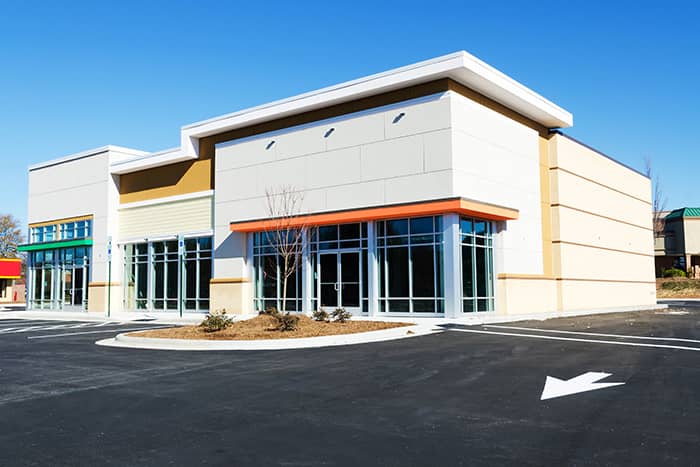4 Commercial Real Estate Terms Beginners Need to Know (VIDEO)

When investing in commercial real estate you need to educate yourself in the lingo that realtors and brokers use to get a better understanding. These are the four terms that are mandatory to understand on any property you are looking to purchase. The professionals at the Local Records Office in Los Angeles, California broke down the terms needed to be successful when purchasing real estate properties.
1. Net Operating Income (NOI)
The Net Operating Income also known as the NOI is the heart of all real estate terms and evaluations of a real estate deal. This term has different meanings like:
- Evaluation of real estate deal
- The driver of what a property is worth
- What it’s going to be worth in the future
- What the cash flow is going to be
- How to make an offer
2. Cash-on-Cash Return (ROI)
Cash-on-cash is the money that goes into the investment if you have invested money that’s the heart of the cash-on-cash. This is how you can calculate the cash-on-cash return the easy way:
Cash-on-cash = cash flow % down payment
For example, let’s say your cash flow is $12,500 a year and your down payment is $50,000, which will equal a 25% investment. In simple terms, you will get your money back in 4-years, that is how fast the cash-on-cash money will be moving.
It’s not how much money goes into the property, but it’s more about how fast the money comes out of the property.
3. Capitalization Rate (Cap Rate)
The cash-on-cash return refers to the heart of the investment while the capitalization rate to the heart of the capitalization of the real estate industry will be referred to capitalization rate. The formula for the capitalization rate is:
Capitalization rate = Net Operating Income (NOI) % by the sales price
This term is so popular in commercial real estate that it’s referred to as an industrial term to evaluate a commercial property. In more simple terms the capitalization rate is the ROI if you paid all cash for the property meaning there’s no mortgage to pay every month.
Beware, don’t be fooled with deals that have high capitalization rates, deals like these are snagged real fast and if the seller can’t get it off his or her hands it’s usually because there is something really wrong with the property. Deals with high capitalization rates are usually in challenging neighborhoods and sometimes in bad neighborhoods.
Here is a quote by Anthony Frank Jackson, a buyer who bought the bad property in a bad neighborhood that instantly regrets it.
“You can’t manage your way out of a bad neighborhood”
What Anthony is referring to is that it wasn’t a bad deal it’s the culture of the neighborhood at the time, which made it a bad choice. To avoid a situation like this one make sure to get a mentor that has experience with deals similar to this one.
4. Debt Coverage Ratio (DCR)
Get used to this term, the debt coverage ratio is also known as annual debt, so if your mortgage is $1,000 a month your debt coverage ratio will be $12,000 a year. In other words, it’s the amount of cash flow left over after paying the mortgage. The formula to calculate your debt coverage ratio is:
Debt coverage ratio = Net operating coverage % annual debt
Expanding your real estate vocabulary will help you understand a wider range of terms and will also help you close deals faster and smoother.
